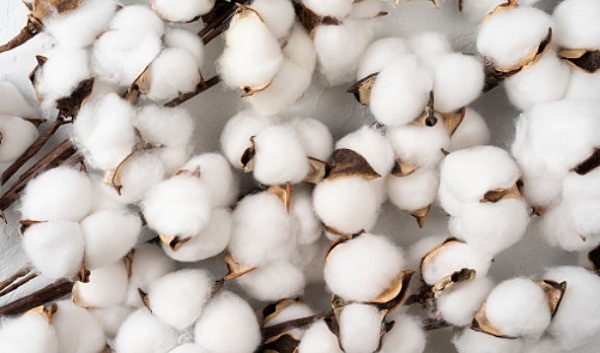
The continuous hike in cotton and yarn prices is severely impacting growth of cotton textile value chain in India, say industry leaders. A recent press meet held in Coimbatore was attended by T Rajkumar, Chairman, Confederation of Indian Textile Industry (CITI); Ravi Sam, Chairman, The Southern India Mills’ Association (SIMA) and Raja M Shanmugam, President, Tirupur Exporters’ Association (TEA). The industry leaders appreciated the Prime Minister and Union Textile Ministry for boosting textile exports from the country. Enhanced exports helped the spinning sector add 2 to 2.5 million spindle capacity per year after almost a decade, they said.
Being highly capital intensive, Indian spinning sector cannot stop production even for a day, they said. The industry is already facing an acute labor shortage and a halt in production may make it more difficult to source labor in future, the leaders added.
Cotton exports to exceed 50 lakh bales
This year, India’s cotton exports are likely to exceed 50 lakh bales, as demand from Bangladesh may increase in order to reduce lead times and logistics costs. Already, exports of cotton yarns, fabrics, made-ups and readymade garments increased 42 per cent and 16 per cent respectively from October 2021-February 2022 compared to the same period last year.
The continuous hike in cotton and yarn prices has severely affected RMG exports from Tirupur, and made-ups exports from different clusters. The Ukraine-Russia war has further deteriorated the situation by increasing oil prices by around 40 per cent, resulting in reduced demand for exports. Unless, the 11 per cent import duty is removed and cotton prices stabilized, the RMG sector may continue to face severe losses, they added.
Import duty leads to cotton hoarding
Currently, spinning mills in India have only 40 days stock as against 3 to 6 months’ stock level maintained by spinning mills during any cotton season at the end of March. This happened due to the arrival of only around 240 lakh bales of cotton as against 320 lakh bales that usually arrives during this time. The 11 per cent import duty is also causing traders to hoard cotton, adopt import parity pricing policy and curtail global competitiveness. Further, it is also leading to price speculation by traders through futures market trading on MCX and NCDEX platforms.
Therefore, these leaders have urged the government to allow duty-free import of 40 lakh bales immediately to stabilize the cotton price and impose mandatory declaration of cotton stock with all the stakeholders, curbing hoarding and speculation by revamping the cotton trader under MCX and NCDEX. This will help create a level playing field and sustain the industry’s export performance, financial viability and livelihoods of over 30 million people directly employed in the cotton textile value chain, they added.












